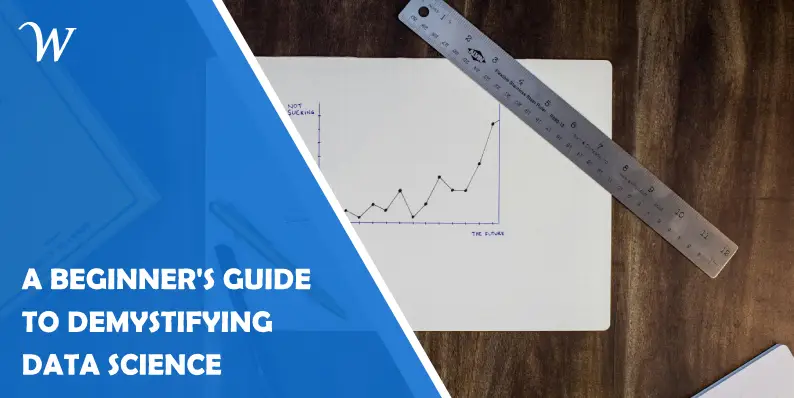A data science services company helps industries make decisions based on statistics. They use a variety of computation methods to cut down the time it takes to solve problems.
Data Scientists work with Data Analysts to generate reports in forms that clients understand. The tasks they perform calls for essential skills that serve both businesses and consumers.
Data Science Essentials
Programming Languages
Data science services usually require a variety of programming languages. One of the most essential is Python, which includes the R (dplyr), seaborn, matplotlib, ggplot2 and other frameworks.
The Exploratory Data Analysis (EDA) framework is also a part of the data science process. EDA plays a role in manipulation, analysis and visualization of numerical records.
Machine Learning and Statistical Modeling
Machine learning provides a way of solving problems by recognizing data patterns. This process typically includes statistical modeling during testing periods when developing data science products. Both Machine learning and Statistical Modeling work together to make scientific predictions and train artificial intelligence software.
Data Visualization
Data visualization are the charts, graphs or other visible signs of numerical records. However, visualizing data also triggers other actions, such as keeping track of a customer’s online streaming history.
The Role of a Data Scientist
A Data Scientist typically focuses on at least one question that needs an answer. That question is usually related to a problem that a company wants to solve.
The question often relates to previous sales history to project future revenue possibilities. It also might specify the ages or location of a person most likely to use a certain product or service. The annual salary of a household in relation to the purchases they make also may come up.
Other types of questions asked by a data scientist might pertain to medical equipment evaluations. In this case, the top objective is to find out how to improve that healthcare machine’s performance to increase chances of solving a patient care problem.
Key questions that a Data Scientist asks also could improve automobile safety. This might include statistics from previous crash tests. This helps manufacturers know where to place airbags.
In the online world, data science services can help companies figure out how to write or produce videos faster. It also can help resolve social media problems, such as figuring out what content on fan pages people most often respond to, so more like it can be created.
Once a Data Scientist has a question in mind that needs an answer, they build a statistical model to solve it. The numerical records within an industry is what a Data Scientist uses to come up with answers that a company needs.
In the process, a Data Scientist works along with analysts to interpret statistics. This is then communicated with project teams in the departments working on solving those problems.
This all starts with the questions that a Data Scientist asks. Then, that IT specialist works with the project teams to find ways to answer those problems as soon as possible.
Key Components of Data Science
The key components of data science include collecting data, exploring trends and creating models. Then, Data Scientists use the information from the models to communicate results and deploy solutions.
For instance, a Data Scientist may help companies look for ways to improve their marketing strategies. In this case, the goal is to stop guessing who their target audience is.
Data science also involves analyzing numbers to improve productivity. One outcome may include helping assembly machines create products faster with less errors.
IT professionals can also use data science to explore untapped markets. In the process, they discover emerging trends. This all helps them push a company they work for ahead of competition.
Real-Life Data Science Applications
Algorithms designed by a Data Scientist can personalize a patient’s medicinal treatment plan. A query based on that person’s health history may turn up recommendations that result in fewer side effects.
In finance, IT specialists use data science to prevent fraud. For instance, they will scrutinize unusual activity within a person’s account. Then, they flag suspicious actions, such as when a person logs in from a different IP location or device.
Financial data science also provides credit risk assessments. In this case, it shortens the amount of time required for a person to find out what loans they qualify for.
Data also can inform customers how to make sound investments. Some algorithms assist with making trading decisions that can increase ROI.
One of the most popular uses, however, is in the product recommendations you see on e-commerce websites. It comes in the form of “related products,” or “you may also like” recommendations that automatically pop up. Streaming services employ these methods too.
The above examples only account for the few types of problems a data science consulting firm can solve. Make sure you choose a provider who understands your industry though.
- The Corporate Contract Winner: Landing High-Volume B2B Orders with WP Gift Wrap - December 12, 2025
- The Missing Link in WordPress Reliability: A Deep Dive into WP Email Log - November 28, 2025
- Video Trimmer That Lets You Rearrange Scenes Instantly - November 11, 2025
